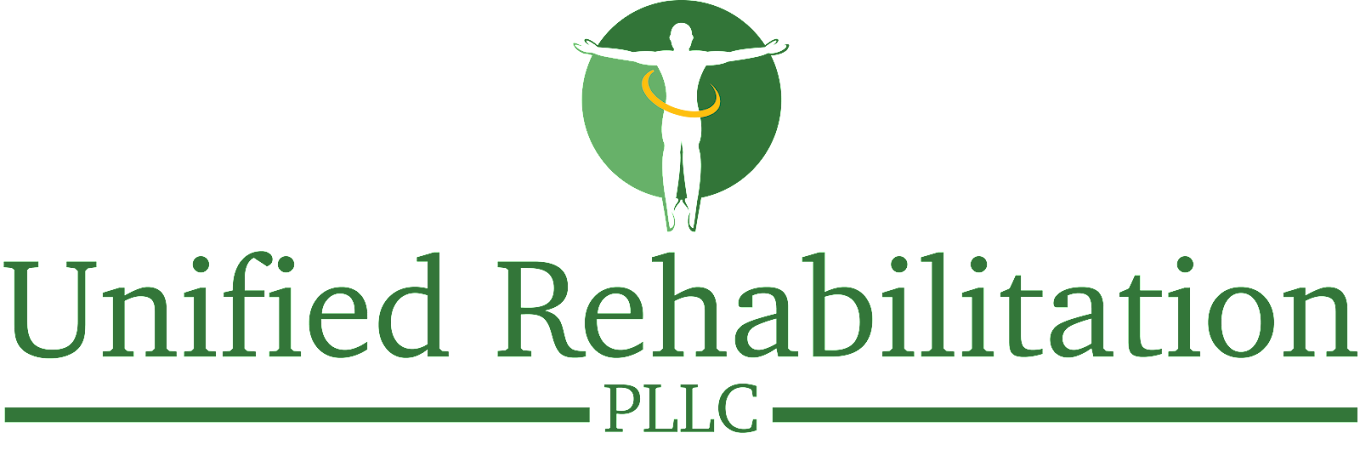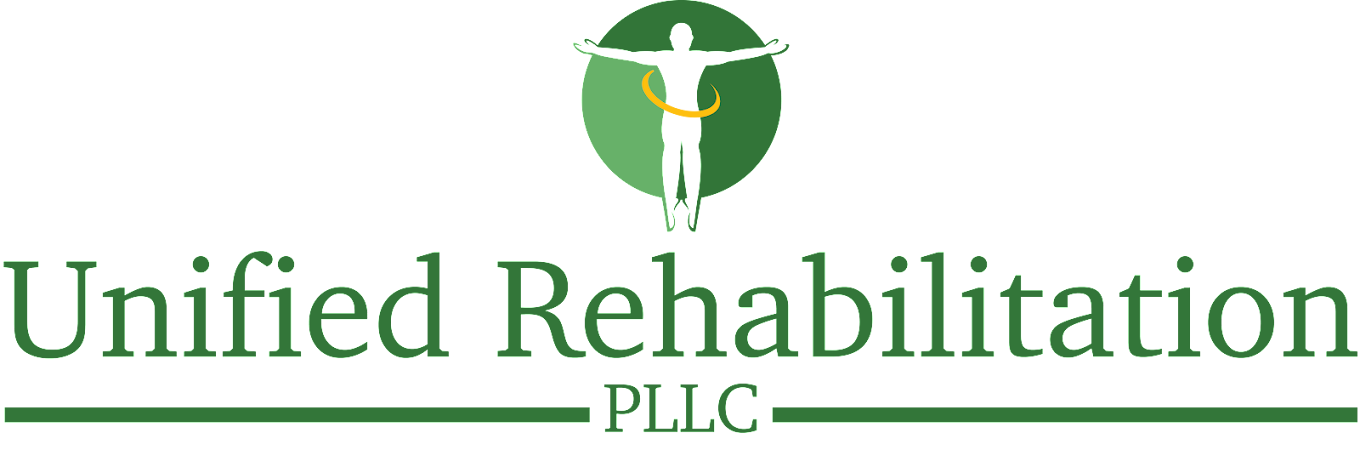Back pain can make even the simplest activities feel like a challenge. One of the most common back pain conditions treated by physical therapists is degenerative disc disease. Degeneration of your spinal discs occurs over time as the discs wear down.
The good news is that you don’t have to endure this discomfort alone. At Unified Rehabilitation, our comprehensive physical therapy treatments can help reduce pain, restore mobility, and improve your quality of life.
What Is Degenerative Disc Disease?
Understanding degenerative disc disease and back pain starts with the role of your spinal discs. These discs act as cushions between the vertebrae in your spine, absorbing shock and allowing for mobility. Over time, wear and tear can cause these discs to break down, leading to pain and discomfort.
Symptoms of Degenerative Disc Disease
Symptoms of degenerative disc disease vary but often include:
Persistent Pain
Pain that worsens with inactivity like sitting or standing for long periods.
Stiffness
Reduced mobility, especially in the morning or after sitting for extended periods.
Reduced Range of Motion:
DDD can limit the ability to move the back or neck making it difficult to perform activities such as bending, twisting, or lifting.
Risk Factors for Developing Degenerative Disc Disease
Several factors increase the likelihood of developing this condition, such as:
- Aging
Natural wear and tear over time is the most significant contributor. - Genetics:
A family history of DDD can increase your risk of developing the condition. - Occupation:
People who have jobs that involve heavy lifting, repetitive motions, or prolonged sitting or standing may be at increased risk. - Smoking:
Smoking can accelerate disc degeneration by reducing blood flow to the discs and interfering with nutrient delivery - Previous injuries
Trauma to the back can accelerate disc degeneration.
How Physical Therapy Helps with Degenerative Disc Disease
If you’re living with degenerative disc disease and back pain, physical therapy can provide effective relief. At Unified Rehabilitation, we offer tailored treatments that address your unique needs and goals.
Relieving Pain with Manual Therapy
Manual therapy involves hands-on techniques like joint mobilization and soft tissue manipulation. These methods help reduce pain, release muscle tension, and restore movement in areas affected by degenerative disc disease.
Restoring Mobility Through Targeted Exercises
Limited mobility is a common issue for those with degenerative disc disease. Our physical therapists guide you through exercises that improve range of motion, helping you move more freely without discomfort.
Strengthening Muscles for Better Support
Weak muscles around the spine can worsen pain and strain. Strengthening exercises focus on building core and back muscles to support the spine, reducing the pressure on degenerating discs and enhancing overall function.
Teaching Better Posture and Body Mechanics
Improving posture can make a significant difference in managing degenerative disc disease and back pain. Our therapists teach practical strategies for maintaining proper posture during everyday activities, such as sitting at a desk, lifting objects, or standing for long periods.
Educating You for Long-Term Pain Relief
Education is a crucial part of managing degenerative disc disease. At Unified Rehabilitation, we empower you with knowledge about your condition and strategies to manage it at home, such as:
- Using heat or ice for pain relief.
- Incorporating safe stretches into your daily routine.
- Understanding movements to avoid that could worsen your pain.
Find Relief Today with Unified Rehabilitation
Degenerative disc disease and back pain don’t have to control your life. With evidence-based physical therapy techniques, you can reduce pain, restore mobility, and return to the activities you love.


